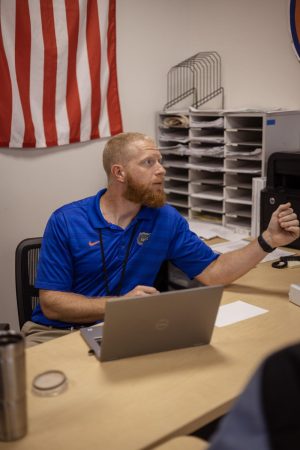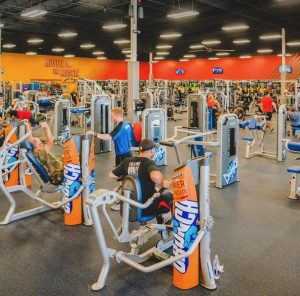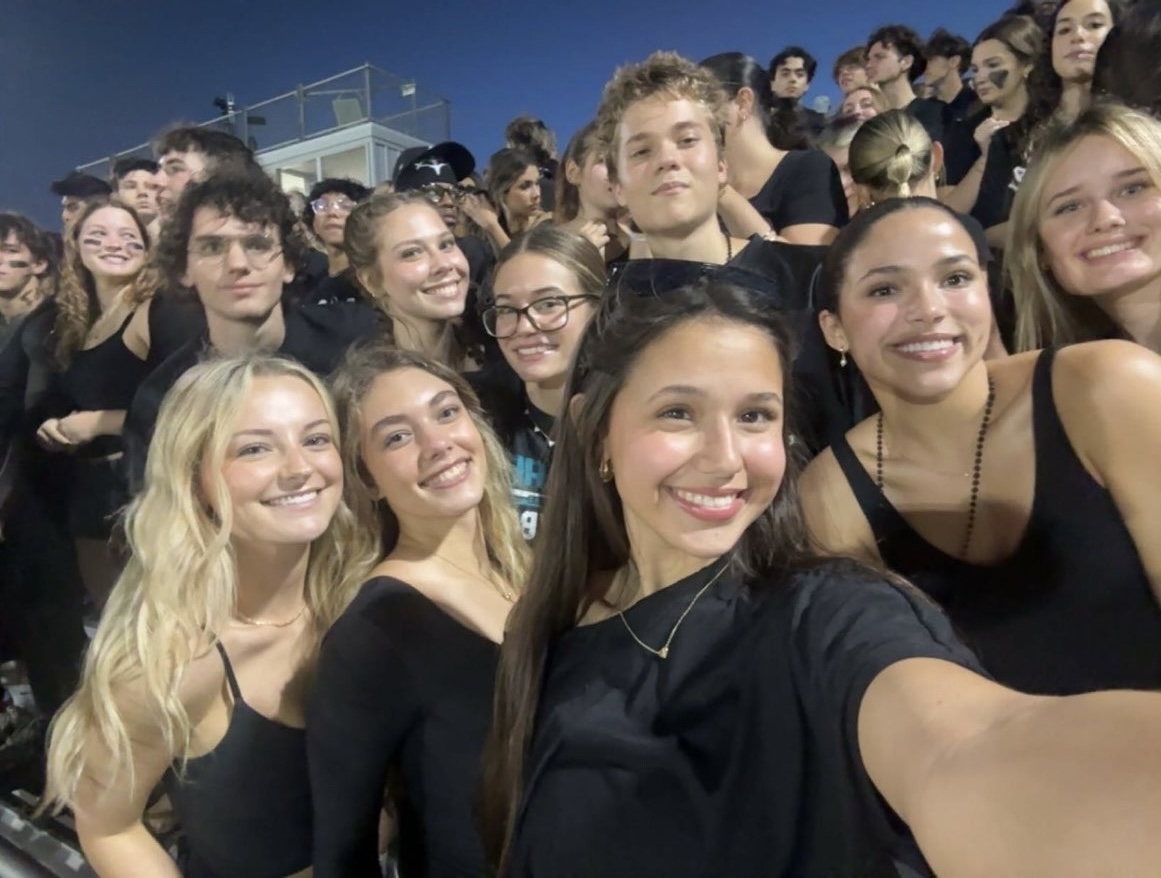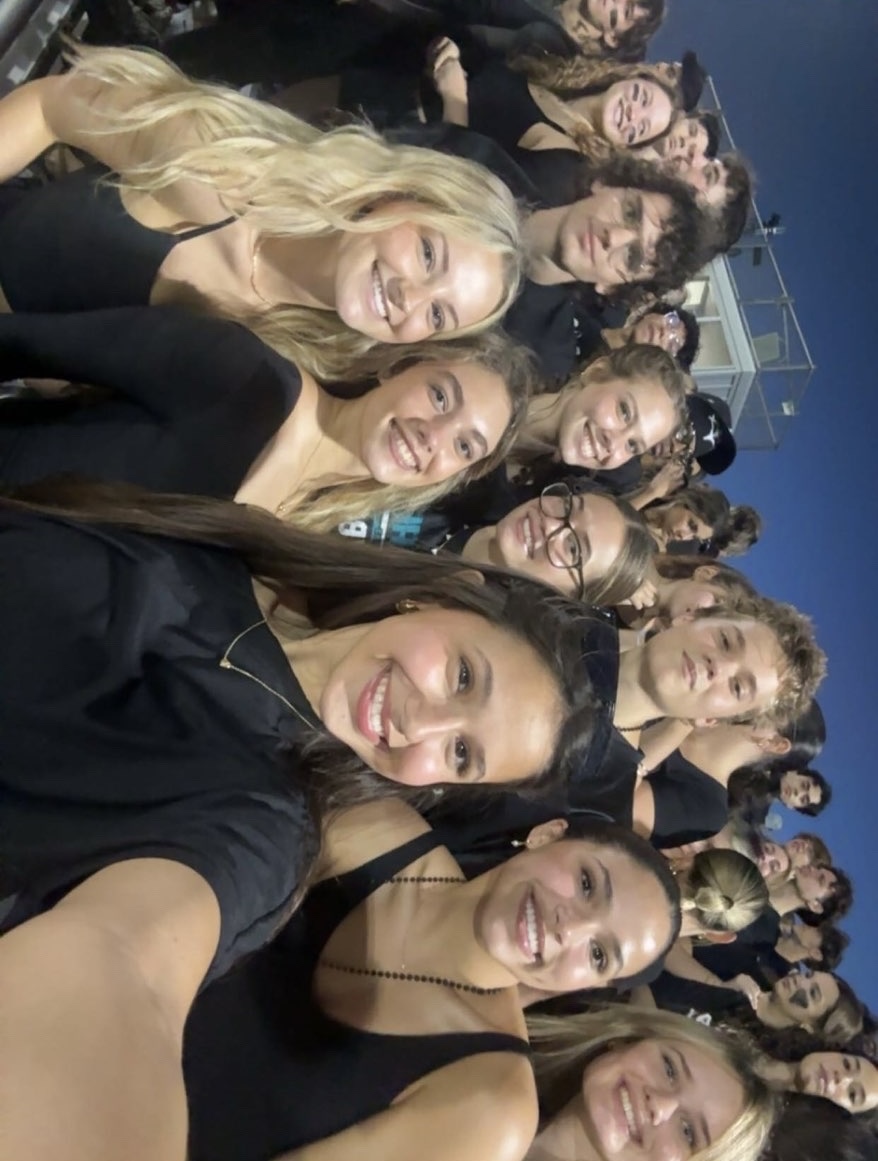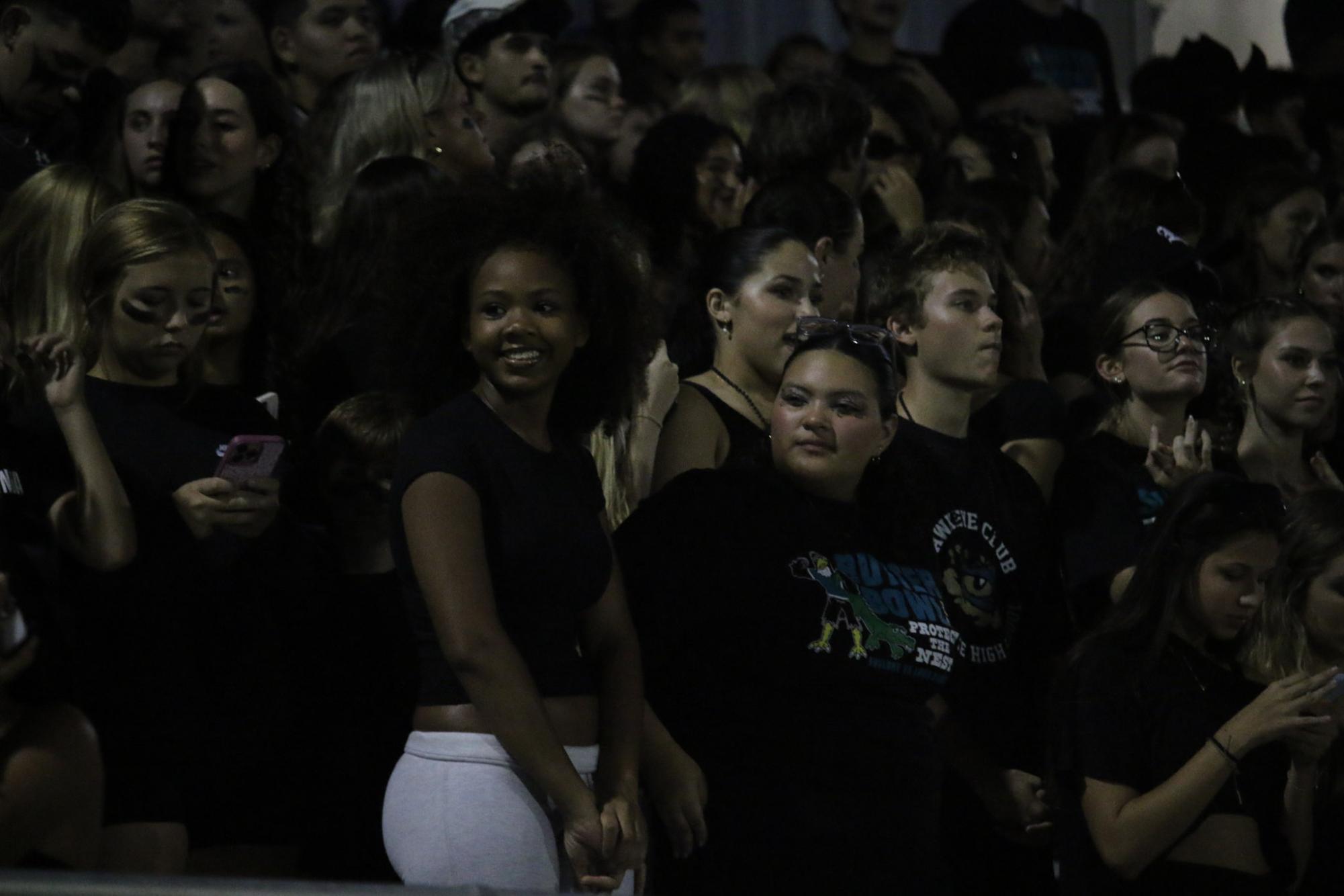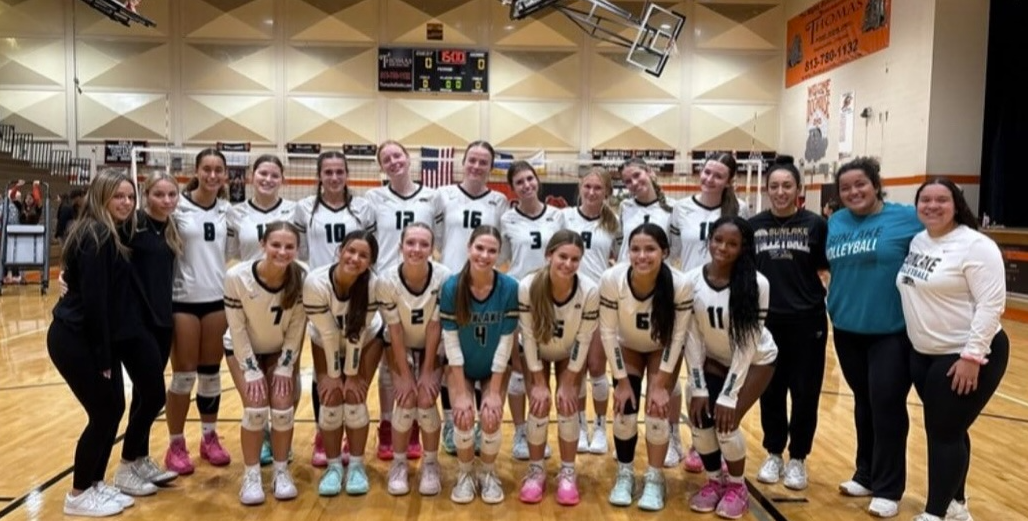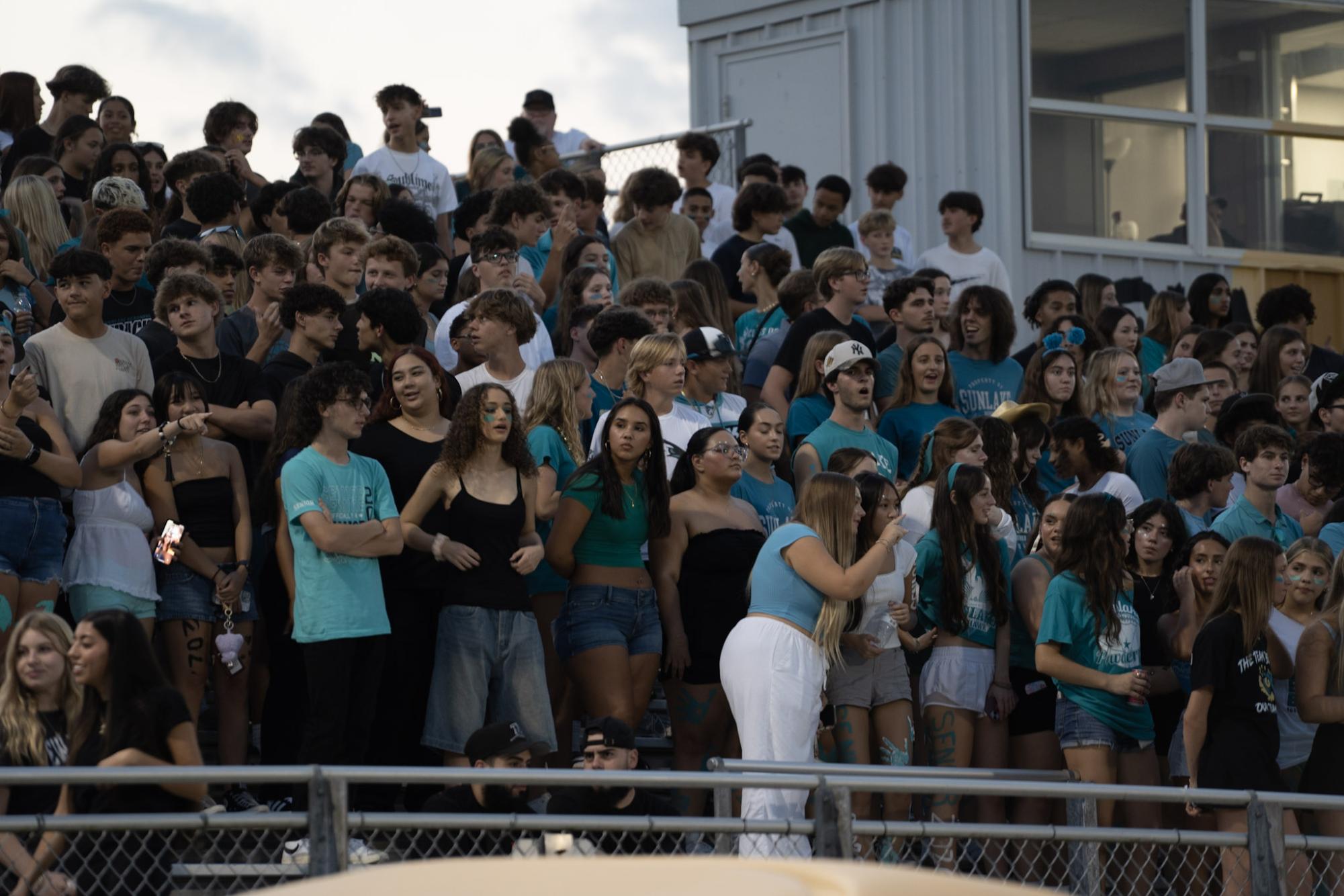City of Dreams (Short Story)
October 22, 2021
City of Dreams
After tipping the cabbie, Ronald Jameson was elated to exit the taxi filled with the nauseating scent of smoke, garbage, and New Yorkers. Not that the air outside the cab was much better, but Ronald still breathed it in appreciatively before scurrying up the white marble steps to the brand-new American Transportation Through the Years Museum. He glanced up momentarily at the grand stone pillars and sparkling glass windows that framed the revolving door—the comparatively mundane entrance to the building—before shouldering his way in, praying he would not be chided for his tardiness.
“Mr. Jameson?” A gentle voice rang out from his right. Ronald spun around and found himself staring at a thin woman with the oddest silver eyes. Silver? How strange! Perhaps the gleaming silver dress she was wearing was making his eyes play tricks on him. He shook his head and gave his best attempt at a smile.
“Yes, miss,” he nodded. “But please, miss, call me Ronald.” At the woman’s amused look, he hastily added, “Or Ron. Or Ronny. Or…you know what, Mr. Jameson is fine.”
“Alright, thank you, Mr. Jameson,” the woman replied, an amused lilt to her voice. Once again, her eyes seemed to jump out at Ronald, their metallic color sparkling. He quickly averted his eyes to her fitted long sleeves. “Mr. Jameson, I am pleased to welcome you to the staff here at the museum. We choose our interns quite carefully here, and I saw great…potential in your application.”
Quickly making eye contact, Ronald noticed the woman had the strangest look about her, as if she were hiding a grand secret. He found it rather annoying how she was acting as if this job was comparable to one of a prestigious CIA agent, considering he would not even be paid for his interning.
“Well, thank you, miss. I do apologize for my tardiness, miss. Is there a task you’d like me to start or anything like that?” Ronald questioned.
“Apology disregarded, Mr. Jameson. In this museum, we view time as a…social construct I suppose. Here, we believe time should not be thought about so…certainly.”
Ronald was beginning to grow rather annoyed with the woman’s ambiguous dialogue. New Yorkers were so strange. For a second, a wisp of memory floated behind his brow: grassy, rolling hills; fat, mooing cows; and dirty, overall-wearing siblings. Ronald tried to ignore the vision, but his heart still longed for his life back in South Dakota.
“And to answer your question—yes, I would be so grateful if you would take the time to acquaint yourself with the museum. As an intern, you will most definitely find familiarity to be your greatest tool. Feel free to see yourself around. But please do refrain from dawdling. Passing time is of minimum importance, but time is still of the essence.” The woman winked.
Now, Ronald was most certainly annoyed by this woman. Why was she acting so peculiar? Did she not know how to make proper sense? In South Dakota, people were simple, jobs were simple, and life was simple. Ronald was reluctantly beginning to rethink his choice to major in History.
“Alright, uh, thank you,” Ronald replied. “Oh! I almost forgot to ask your name, miss.”
“Please, call me Tiempa.”
***
Ronald’s spirits were lifted as he maneuvered his way through the ginormous, white halls, admiring the vehicles of the past. Each time he laid his eyes upon a new automobile or wheeled contraption, he was momentarily transported to the vehicle’s decade of origin. He imagined himself racing across New York City on a bicycle, delivering newspapers dated 1899; cruising through Iowa on a tractor, watching the sun rise with the turn of the century; and flying down the Overseas Highway in a Cadillac V16, breathing in salty ocean air. Ronald was so enraptured by each vehicle that he did not notice the massive black box with wheels he was nearing until it was right in front of his nose.
At first, Ronald was positively flabbergasted. He had never seen such a contraption in all his years of undergrad at Augustana University. The machine looked like a miniature house on wheels, complete with doors and windows. It was entirely black, even the windows were tinted due to either purpose or age. The box was quite long, and one side of it housed a pile of dark rocks, while the other had a cylinder protruding from the roof. Ronald racked his brain for memories of such a machine among his plethora of History textbooks, but his straining led to nothing. What century are you from?
Unable to help himself, Ronald reached out to run a hand along the side of the wheeled rectangular prism. He drew his hand back, expecting a fine coat of dust to have collected on it, but his skin was perfectly pristine. Well, that was odd, he thought. As much as he wanted to accept that the museum cleaning staff were just the most remarkable in New York, Ronald could not rid himself of the nagging feeling he had had since he gazed into those peculiar silver eyes. The feeling felt like a voice pleading, begging “leave.” Unfortunately, Ronald had never been particularly good at following directions.
Before he realized what he was doing, Ronald was walking toward the closest handle protruding from the machine. As if in a daze, he reached his hand out once more, gripped the handle, and pulled with all his might.
The door slid open, revealing a dark interior with mysterious shadows and sounds of scurrying. Probably rats. This was New York, after all, and Ronald doubted the hidden inside of each display was cleaned regularly—if at all. Ronald threw a quick glance over his shoulder to make sure he was still alone, took a deep breath, and swung himself inside.
Immediately, Ronald found himself thrown into a fit of coughing. The air was not dusty, but filled with a…metallic-feeling air, like the room was filled with blood. After his fit was concluded, he cleared his throat and took a wary step into the darkness. The floor creaked under his foot, making his heart pulse a beat quicker.
The light let in by the open door did little for Ronald’s vision. All he could see was darkness, like he had been transported into a black hole. His eyes strained to see with no success. Timidly, Ronald lifted a hand and began to struggle forward. His fingers found purchase with a cloth-covered ledge that he assumed was the back of a seat.
As Ronald began to move forward once more, sliding his hand across the soft surface for guidance, he saw a flash of light in the darkness. His chest tightened, and his breath began to saw in and out of him in quick intervals. He could almost feel the blood pumping through his veins at an alarming rate. What, or who was in here?
Just as Ronald was turning back toward the light from the museum—his lifeline—he heard another scurrying-like sound. The sound was louder now, a rough scratching at the shadow-shrouded floor. Ronald tried to make himself move, but he was paralyzed with fear. His blood was pounding so strongly he could barely hear himself think. He just had to pick up his feet and—
“Hello, Mr. Jameson. I was beginning to think you had disappeared.”
Tiempa. The silver eyes glowing in the darkness were unmistakable. Ronald was absolutely stricken with horror. How had she gotten in here so quickly? She was the last surprise Ronald expected to find in this darkness. Ronald also did not expect to suddenly find dozens of silver eyes blinking to life behind Tiempa’s.
Dozens—no, hundreds of illuminated silver eyes that seemed to dance with laughter were the last thing Ronald saw before there was a thunderous sound like rushing water, a blinding flash of silver light, and a darkness deeper than the gaps between the planets.
***
“Goodness gracious, he has been out for hours now.”
“I do hope he awakens soon. I much prefer them when they are conscious.”
Ronald Jameson’s eyes flew open. The first thing he saw was the sky: pastel blue crowded with humongous, fluffy clouds. The second thing, or things, he saw were four glowing, silver orbs peering down at him curiously.
Ronald let out a yelp and scrambled to his feet. He turned to run, but he quickly realized there would be no escaping. A tight circle of silver-eyed persons surrounded him. Two of them stood directly in front of him, cold smiles on their pale faces. Ronald felt as if his veins had been dunked in ice, a painful chill spreading through his body like frost. This cannot be happening.
Behind a few of the people, Ronald could just barely make out the black box from the museum, its doors and windows all slid open. Behind the rest of the people, Ronald could see a flat expanse of dirt that was punctured by small puddles of turquoise water every few feet. He had never seen such a sight in South Dakota, and the unfamiliar environment added to the nauseating horror racking him.
“What’s going on?” Ronald demanded. “What is going on?”
“How forward he is!” Exclaimed the voice that had hoped for Ronald’s awakening.
“You picked a good one, Tiempa,” said the voice that had remarked on Ronald’s unconsciousness.
“Of course, I did. I always do,” said Tiempa, her gentle, musical voice unmistakable. Ronald spun toward her, fuming with frustration.
“Tell me what is going on at once!” Ronald shouted.
“Of course, Mr. Jameson. We are so grateful for your being here, we can surely make time for a quick story,” Tiempa said with a light, almost humorous tone. Ronald was absolutely horrified and infuriated and discombobulated, but he forced himself to keep quiet. The silver-eyed strangers did not seem like the kind of people he wanted cross with him.
“We are the Conductors, the passengers of the first locomotive. I am sure your mundane mind is unfamiliar with the word. The steam locomotive was a vehicle meant to transport people at a speed quicker than a horse, like an automobile. Alas, there was an…accident…and humankind progressed without it, still managing to design the automobile. We were in the accident.
“You see, the designers of the engine were so confident in their invention, they wished to test it for the first time with human volunteers. Those volunteers stand before you now. During the trip, it was discovered that the locomotive had the most peculiar ability, one never seen before with human eyes. This discovery was realized when we all stepped outside the vehicle after its stop and found this world, unknown to both the present and the past. We had no idea how to utilize the locomotive to return. And we tried so hard, so desperately.
“For twenty years, we survived off roaches and flies and water. Our weights became lighter, and our eyes lost their color. Then, the roaches were gone, and the flies were few. The water was not enough. We needed to return more than ever, and we finally figured it out.”
But when we returned, we found that the world was more divided than ever, and that society did not like our silver eyes. We did not like the once familiar food as much as we liked the insects. The clear water did not keep us young like the turquoise water did.
“While we prepared to return to this vast place of youth and brightness, we hid the locomotive in an abandoned church in New York City. One night, a young girl saw the locomotive and ran to alert her neighborhood. We were selfish; we did not want anyone else to discover the beautiful land of flies and dirt. So, we did the only thing we could think of: we devoured her. And we liked it.
“Humans became our sustentation. Through the years, we have developed individual preferences and perfected our method of obtaining our food. Unfortunately for you, Mr. Jameson, today is Hora’s birthday, and Hora loves males with country accents.”
All Ronald could do was gape as the silver-eyed cult began to move closer, licking their lips and stretching out their pale fingers. All Ronald could do was stare as one silver-eyed woman in a silver party hat stepped in front of him and opened her mouth.

